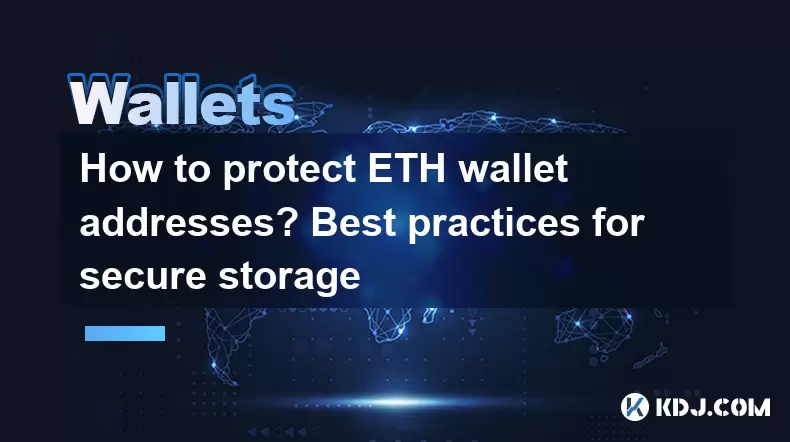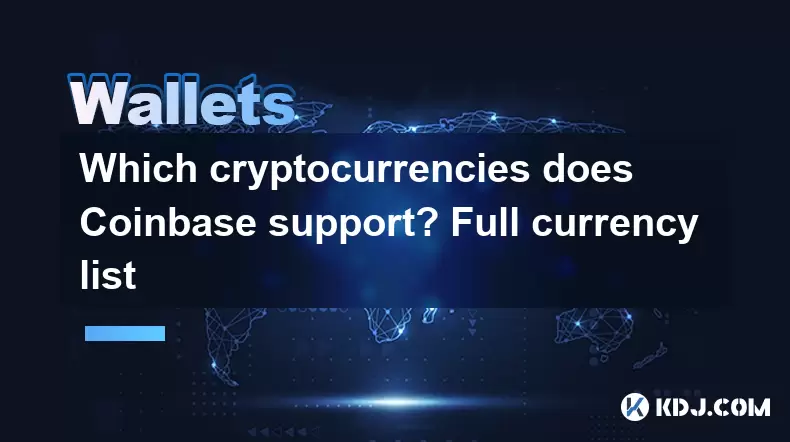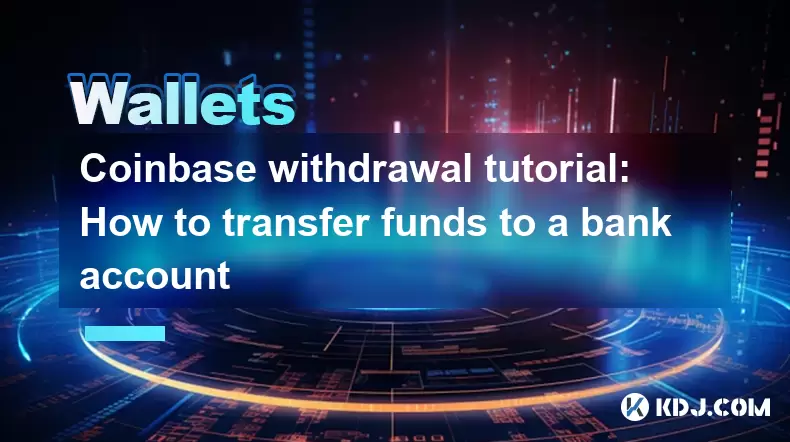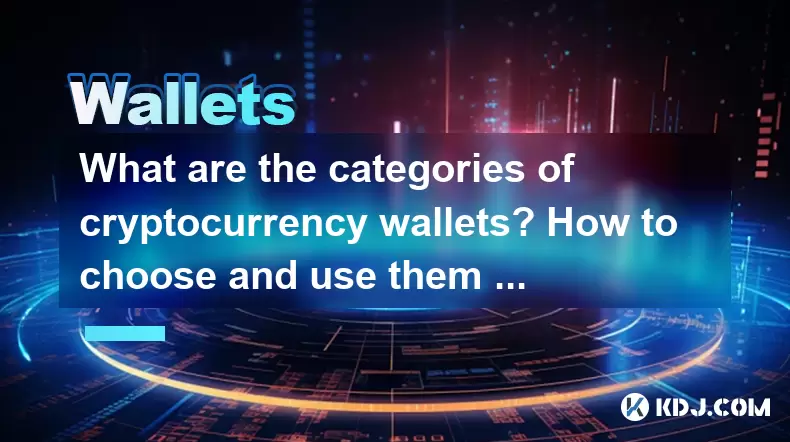-
 Bitcoin
Bitcoin $106,782.3966
-0.72% -
 Ethereum
Ethereum $2,406.7764
-1.16% -
 Tether USDt
Tether USDt $1.0005
0.02% -
 XRP
XRP $2.0918
-1.53% -
 BNB
BNB $644.5785
-0.17% -
 Solana
Solana $141.0925
-0.69% -
 USDC
USDC $1.0000
0.02% -
 TRON
TRON $0.2721
0.18% -
 Dogecoin
Dogecoin $0.1585
-1.26% -
 Cardano
Cardano $0.5497
-1.14% -
 Hyperliquid
Hyperliquid $35.8493
-1.58% -
 Bitcoin Cash
Bitcoin Cash $502.3089
2.20% -
 Sui
Sui $2.7092
3.87% -
 Chainlink
Chainlink $12.8551
-1.85% -
 UNUS SED LEO
UNUS SED LEO $9.0548
0.53% -
 Stellar
Stellar $0.2344
-0.85% -
 Avalanche
Avalanche $17.2676
-0.23% -
 Toncoin
Toncoin $2.8282
0.56% -
 Shiba Inu
Shiba Inu $0.0...01113
-1.14% -
 Litecoin
Litecoin $83.9593
-0.93% -
 Hedera
Hedera $0.1447
0.82% -
 Monero
Monero $306.9022
-2.07% -
 Bitget Token
Bitget Token $4.6358
3.42% -
 Dai
Dai $0.9999
0.01% -
 Ethena USDe
Ethena USDe $1.0001
0.02% -
 Polkadot
Polkadot $3.3211
0.06% -
 Uniswap
Uniswap $6.8775
0.75% -
 Pi
Pi $0.5664
-0.27% -
 Aave
Aave $256.0055
1.28% -
 Pepe
Pepe $0.0...09013
-3.24%
How to protect ETH wallet addresses? Best practices for secure storage
To secure your ETH wallet, use hardware wallets, encrypt private keys, enable 2FA, and protect against phishing by verifying URLs and using secure networks.
May 13, 2025 at 05:50 am

Protecting your Ethereum (ETH) wallet addresses is crucial to safeguarding your digital assets. With the increasing popularity of cryptocurrencies, it has become essential to understand the best practices for secure storage. This article will guide you through various methods to protect your ETH wallet addresses and ensure that your assets remain safe from potential threats.
Understanding ETH Wallet Addresses
Before diving into security measures, it's essential to understand what an ETH wallet address is. An ETH wallet address is a unique string of characters that serves as a public identifier for your Ethereum account. It is used to receive and send ETH and other tokens on the Ethereum blockchain. Understanding the structure and purpose of these addresses is the first step towards securing them.
Choosing the Right Type of Wallet
There are several types of wallets available for storing ETH, each with its own level of security. The most common types include software wallets, hardware wallets, and paper wallets.
- Software wallets are applications that you install on your computer or mobile device. They are convenient but can be vulnerable to hacking if your device is compromised.
- Hardware wallets are physical devices that store your private keys offline, offering a high level of security. They are more secure than software wallets but require a higher initial investment.
- Paper wallets involve printing your private keys and public addresses on a piece of paper. They are secure against online threats but can be lost or damaged.
Choosing the right type of wallet depends on your needs and the level of security you require. For most users, a hardware wallet is recommended for its balance of security and convenience.
Securing Your Private Keys
The private key is the most critical component of your ETH wallet. It is a secret code that allows you to access and manage your funds. Never share your private key with anyone. Here are some best practices for securing your private keys:
- Use strong encryption: If you are using a software wallet, ensure that the wallet application uses strong encryption to protect your private keys.
- Offline storage: Store your private keys in an offline environment, such as a hardware wallet or a paper wallet, to protect them from online threats.
- Regular backups: Regularly back up your private keys and store them in multiple secure locations. This ensures that you can recover your funds if your primary storage method fails.
- Avoid digital sharing: Never send your private keys via email, messaging apps, or any other digital means. If you need to share them, do so in person using secure methods.
Implementing Two-Factor Authentication (2FA)
Two-factor authentication (2FA) adds an extra layer of security to your ETH wallet. It requires you to provide two forms of identification before accessing your wallet. This could be something you know (like a password) and something you have (like a mobile device). Here's how to implement 2FA:
- Choose a 2FA method: Common methods include authenticator apps like Google Authenticator or Authy, SMS-based 2FA, or hardware tokens like YubiKey.
- Enable 2FA in your wallet: Most reputable wallet providers offer 2FA options. Follow the instructions provided by your wallet provider to enable 2FA.
- Secure your 2FA device: Ensure that the device used for 2FA, such as your mobile phone, is also secured with a strong password or biometric authentication.
Protecting Against Phishing Attacks
Phishing attacks are a common threat to cryptocurrency users. These attacks involve tricking you into revealing your private keys or other sensitive information. Here are some tips to protect against phishing:
- Verify URLs: Always double-check the URL of the website you are visiting. Phishing sites often use URLs that are very similar to legitimate ones.
- Use bookmarks: Instead of typing URLs manually, use bookmarks to access your wallet's website.
- Be wary of unsolicited communications: Never click on links or download attachments from unsolicited emails or messages. Legitimate organizations will not ask for your private keys or other sensitive information via email.
- Use anti-phishing tools: Some browsers and extensions offer anti-phishing protection. Consider using these tools to add an extra layer of security.
Regularly Updating and Monitoring Your Wallet
Keeping your wallet software up to date is crucial for maintaining security. Developers regularly release updates to fix vulnerabilities and improve security features. Here's how to keep your wallet secure:
- Regular updates: Check for and install updates for your wallet software regularly. This applies to both software and hardware wallets.
- Monitor transactions: Regularly check your wallet's transaction history to ensure that no unauthorized transactions have occurred.
- Use secure networks: Avoid accessing your wallet from public Wi-Fi networks, as they can be less secure. Use a VPN if you must access your wallet from a public network.
Additional Security Measures
Beyond the core practices mentioned above, there are additional steps you can take to enhance the security of your ETH wallet addresses:
- Cold storage: Consider using cold storage solutions for long-term storage of large amounts of ETH. Cold storage involves keeping your private keys completely offline, which significantly reduces the risk of hacking.
- Multi-signature wallets: Multi-signature wallets require multiple private keys to authorize a transaction. This adds an extra layer of security and can be particularly useful for organizations or joint accounts.
- Security audits: If you are using a custom or less-known wallet, consider having it audited by a reputable security firm to ensure it meets high security standards.
Frequently Asked Questions
Q: Can I use the same ETH wallet address for multiple transactions?
A: Yes, you can use the same ETH wallet address for multiple transactions. However, for enhanced privacy, it's recommended to use a new address for each transaction. Many modern wallets support this feature by generating new addresses automatically.
Q: What should I do if I suspect my ETH wallet has been compromised?
A: If you suspect your ETH wallet has been compromised, immediately move your funds to a new, secure wallet. Change any passwords or 2FA settings associated with the compromised wallet, and report the incident to your wallet provider if applicable.
Q: Is it safe to store large amounts of ETH on exchanges?
A: It is generally not recommended to store large amounts of ETH on exchanges. Exchanges are more vulnerable to hacking and other security threats compared to personal wallets. For long-term storage, consider using a hardware wallet or other cold storage solutions.
Q: How can I recover my ETH if I lose my private key?
A: If you lose your private key, it is very difficult to recover your ETH. This is why it's crucial to back up your private keys and store them in multiple secure locations. If you have a backup, you can restore your wallet using the backup. If not, your funds may be irretrievably lost.
Disclaimer:info@kdj.com
The information provided is not trading advice. kdj.com does not assume any responsibility for any investments made based on the information provided in this article. Cryptocurrencies are highly volatile and it is highly recommended that you invest with caution after thorough research!
If you believe that the content used on this website infringes your copyright, please contact us immediately (info@kdj.com) and we will delete it promptly.
- Smart Investors Navigate the AI Token Frenzy: Bitcoin Switch and Beyond
- 2025-06-28 12:30:12
- Crypto in 2025: How Web3 AI is Poised to Dominate
- 2025-06-28 12:30:12
- Crypto 2025: Spotting the Top Coins with Real Utility
- 2025-06-28 12:42:12
- Pepe Price's Wild Ride: Cryptocurrency Milestone or Just Another Meme?
- 2025-06-28 12:42:13
- BDAG Airdrop Heats Up as ADA Dips and AVAX Eyes Gains: What's the Buzz?
- 2025-06-28 10:30:12
- Crypto, Bitcoin, Buy Now: Navigating the Bullish Breakout
- 2025-06-28 10:30:12
Related knowledge

How to stake cryptocurrencies on Coinbase? Benefits and risks
Jun 27,2025 at 06:36pm
Understanding Cryptocurrency Staking on CoinbaseStaking cryptocurrencies involves locking up digital assets to support the operations of a blockchain network, typically in return for rewards. Coinbase, one of the most popular cryptocurrency exchanges globally, offers staking services for several proof-of-stake (PoS) coins. Users can stake their holdings...

Which cryptocurrencies does Coinbase support? Full currency list
Jun 28,2025 at 08:36am
Overview of Cryptocurrencies Supported by CoinbaseCoinbase is one of the most popular and trusted cryptocurrency exchanges globally. It provides users with a platform to buy, sell, trade, and store various digital assets. As of the latest updates, Coinbase supports over 200 cryptocurrencies, including major ones like Bitcoin (BTC), Ethereum (ETH), and L...

Coinbase withdrawal tutorial: How to transfer funds to a bank account
Jun 28,2025 at 02:35am
Understanding Coinbase WithdrawalsCoinbase is one of the most widely used cryptocurrency platforms, allowing users to buy, sell, and store digital assets. Once you've successfully traded or held your crypto on Coinbase, the next logical step may be to withdraw funds to a bank account. This process involves converting your cryptocurrency into fiat curren...

What are the categories of cryptocurrency wallets? How to choose and use them safely?
Jun 21,2025 at 10:42pm
Understanding Cryptocurrency WalletsCryptocurrency wallets are essential tools for anyone involved in the digital asset ecosystem. They allow users to store, send, and receive cryptocurrencies securely. Unlike traditional wallets that hold physical money, crypto wallets manage cryptographic keys—private and public—which interact with blockchain networks...

Which one is more suitable for high-frequency trading users, browser plug-in wallets or independent application wallets?
Jun 23,2025 at 08:22am
Understanding the Role of Wallets in High-Frequency TradingFor high-frequency trading (HFT) users in the cryptocurrency market, wallet selection is critical due to the need for speed, security, and seamless integration with trading platforms. HFT involves executing a large number of trades within seconds or even milliseconds, which demands a wallet that...

What are the differences between the operating mechanisms of on-chain wallets and off-chain wallets? Is there a big difference in transaction fees?
Jun 25,2025 at 08:49am
Understanding On-Chain WalletsOn-chain wallets are digital wallets that directly interact with the blockchain network. These wallets store users' private keys, which are essential for signing and authorizing transactions on the blockchain. When using an on-chain wallet, every transaction must be recorded and verified by the decentralized nodes in the ne...

How to stake cryptocurrencies on Coinbase? Benefits and risks
Jun 27,2025 at 06:36pm
Understanding Cryptocurrency Staking on CoinbaseStaking cryptocurrencies involves locking up digital assets to support the operations of a blockchain network, typically in return for rewards. Coinbase, one of the most popular cryptocurrency exchanges globally, offers staking services for several proof-of-stake (PoS) coins. Users can stake their holdings...

Which cryptocurrencies does Coinbase support? Full currency list
Jun 28,2025 at 08:36am
Overview of Cryptocurrencies Supported by CoinbaseCoinbase is one of the most popular and trusted cryptocurrency exchanges globally. It provides users with a platform to buy, sell, trade, and store various digital assets. As of the latest updates, Coinbase supports over 200 cryptocurrencies, including major ones like Bitcoin (BTC), Ethereum (ETH), and L...

Coinbase withdrawal tutorial: How to transfer funds to a bank account
Jun 28,2025 at 02:35am
Understanding Coinbase WithdrawalsCoinbase is one of the most widely used cryptocurrency platforms, allowing users to buy, sell, and store digital assets. Once you've successfully traded or held your crypto on Coinbase, the next logical step may be to withdraw funds to a bank account. This process involves converting your cryptocurrency into fiat curren...

What are the categories of cryptocurrency wallets? How to choose and use them safely?
Jun 21,2025 at 10:42pm
Understanding Cryptocurrency WalletsCryptocurrency wallets are essential tools for anyone involved in the digital asset ecosystem. They allow users to store, send, and receive cryptocurrencies securely. Unlike traditional wallets that hold physical money, crypto wallets manage cryptographic keys—private and public—which interact with blockchain networks...

Which one is more suitable for high-frequency trading users, browser plug-in wallets or independent application wallets?
Jun 23,2025 at 08:22am
Understanding the Role of Wallets in High-Frequency TradingFor high-frequency trading (HFT) users in the cryptocurrency market, wallet selection is critical due to the need for speed, security, and seamless integration with trading platforms. HFT involves executing a large number of trades within seconds or even milliseconds, which demands a wallet that...

What are the differences between the operating mechanisms of on-chain wallets and off-chain wallets? Is there a big difference in transaction fees?
Jun 25,2025 at 08:49am
Understanding On-Chain WalletsOn-chain wallets are digital wallets that directly interact with the blockchain network. These wallets store users' private keys, which are essential for signing and authorizing transactions on the blockchain. When using an on-chain wallet, every transaction must be recorded and verified by the decentralized nodes in the ne...
See all articles























































































